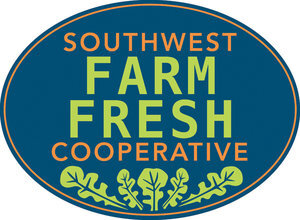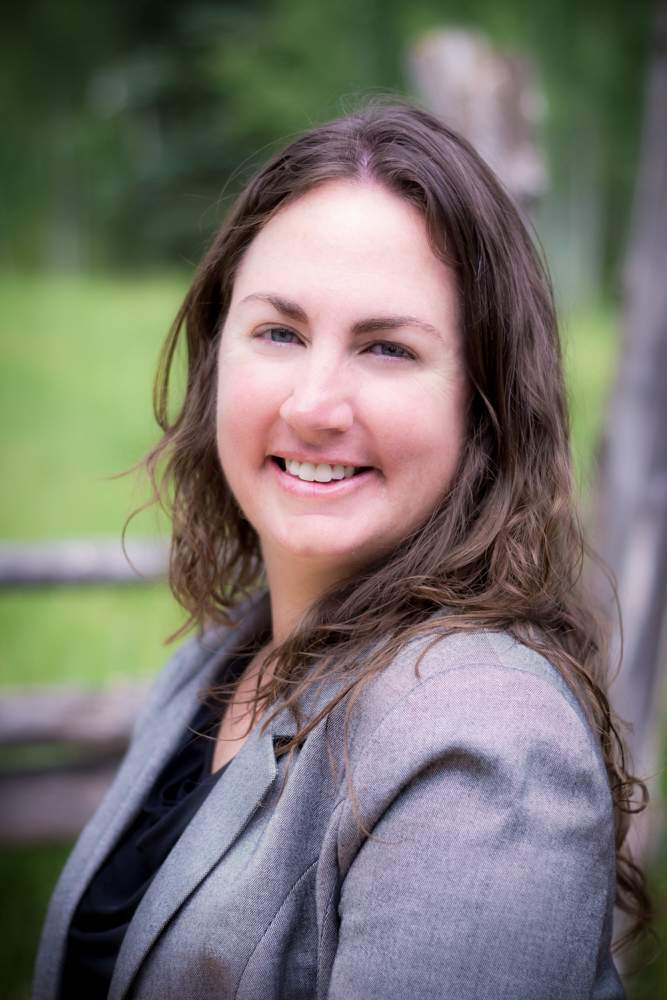Buck’s Parlor – A Place for Y’all
After years of living in Nashville, Lauryn Williams was ready for a slower pace. Her friend and fellow hair designer, Chasity Martinez, had recently moved to Durango, so she decided to come visit.
It wasn’t long before the two started talking about launching a barbershop of their own. But, they knew that it had to reflect their unique style and personalities.
And that’s where Buck’s Parlor was born.
Buck’s Parlor is a unisex barbershop with a Southwest vintage vibe. The relaxed environment will make you “feel like you’re hanging out on your grandma’s back porch.” All guests are offered a local brew of iced coffee or beer, and since the Parlor doesn’t take any appointments, everyone is served on a first-come, first-served basis.
The Parlor offers everything from colors to haircuts, and the cost of cuts is based on the length of the hair—not a person’s gender. Any hair less than ten inches is considered a Short Cut, and hair longer than ten inches is considered a Long Cut (yes, they do have special pricing for Buckaroos—kids ages ten and under).
Where did they get their name? Glad you asked. Lauryn and Chasity explain, “It just sounded good. It reminded us of bucking broncos and Buckley Park, so we went with it!”
Both Chasity and Lauryn had experience managing other barbershops, so they were well-prepared to get their new business off the ground. When they reached out to the SBDC, Hannah Birdsong was able to provide guidance with their marketing materials, and Jennifer Bassignani helped them organize their financials.
“Hannah helped us set up our Google My Business and Facebook pages, which was extremely helpful. Since we are a walk-in only barbershop, it’s important that people can find us through Google. We now have more than 60 five-star reviews!
“Jennifer helped us set up Google spreadsheets, so we could organize and track our finances. She also provided strategic advice, so we could make the right financial decisions (including making sure we had a way to pay ourselves, which is pretty cool!). It was great to know that we had everything set up right before we opened our doors.”
Since opening their doors in March of 2021, everything has been mostly “smooth sailing.” The business is healthy and is meeting all of its goals. The barbershop is committed to providing a work-life balance for their employees, and the walk-in only arrangement allows them to provide flexible schedules.
“The biggest challenge we have faced has been hiring,” explain Lauryn and Chasity. “We currently have two independent contractors and two employees, and we are looking for more. This has made us reluctant to spend too much money on marketing. We are staying steadily busy right now, but we would love to grow. If you know any stylists or barbers who are looking for a great place to work, please send them our way!”
Their advice for other local entrepreneurs? “Go for it. Honestly, starting a business seems like a really challenging and scary thing to do, but we’ve found that it is much easier than managing a shop for other people. We were grateful and lucky to have people help us financially, so we didn’t have to go through a bank. If you’ve got some money saved up or have a friend who wants to invest in you, it really helps.”
Chasity and Lauryn look forward to the day when they can pay it forward. “In the long run, we are interested in investing in other people who want to launch their own businesses.”
Both Lauryn and Chasity are really enjoying Durango, and they love how welcoming and hospitable everyone has been. So, next time you find yourself on College Avenue, stop in and say hello. They’d love to meet you (and you’ll love the music)!









